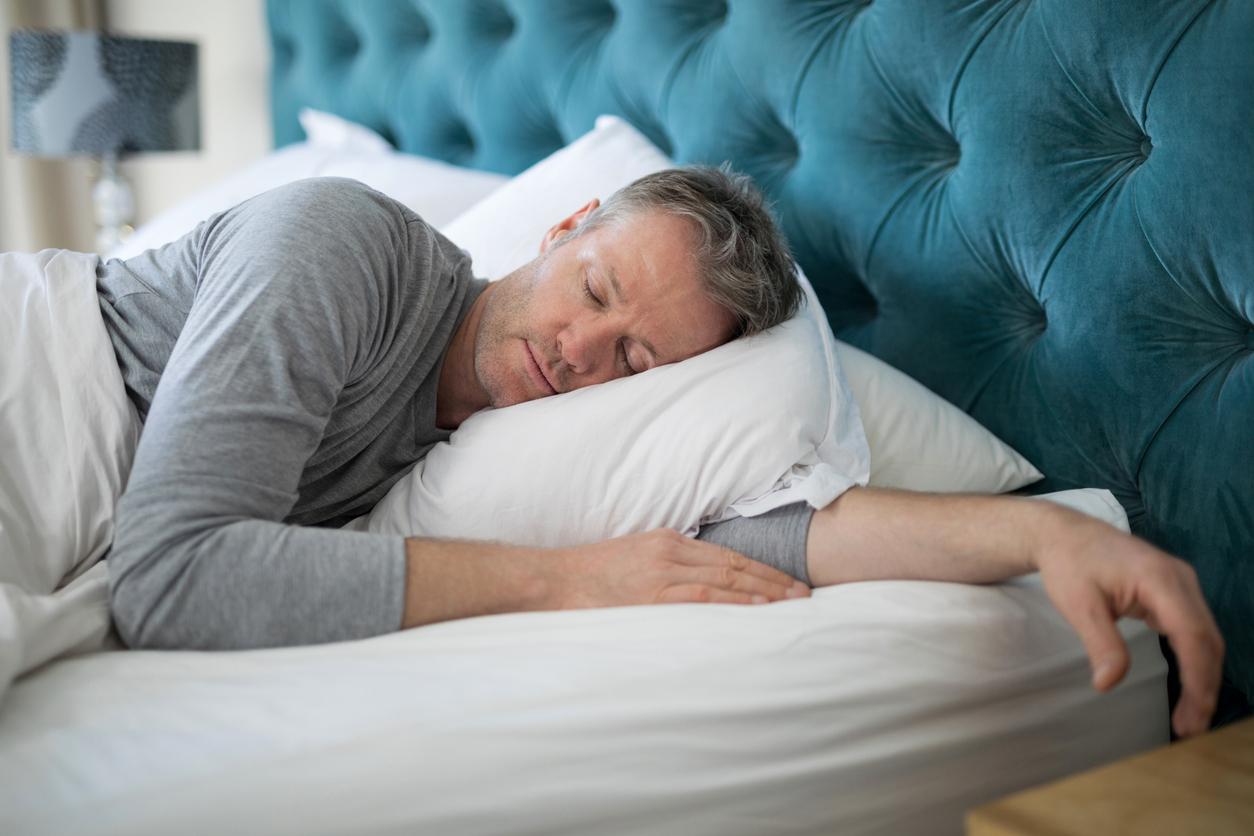More than one in ten footballers have exhibited symptoms of depression since the start of confinement and the cessation of competitions.

- Football matches and training have been interrupted in many countries since the start of the epidemic
- Survey shows 22% of female gamers and 13% of male gamers report depressive symptoms
- The global players’ union believes that this situation does not justify an early resumption of competitions
Containment spares no one, and footballers are no exception. While nearly half of confined employees are in psychological distress, more than one in ten footballers have exhibited symptoms of depression since the cessation of competitions. It is the result ofa survey conducted by Fifpro, the global union of professional players. They conducted a survey between March 22 and April 14 with 1,600 athletes (1,134 men and 468 women) playing in England, France, Switzerland, South Africa and the United States.
No early recovery
The survey reveals that a significant number of professional footballers are affected by depression. According to the results, “22% of female players and 13% of male players reported symptoms consistent with the diagnosis of depression”. This state of anxiety was reported by 8% of female players and 16% of male players surveyed. “The percentage of players reporting symptoms was significantly higher among those worried about their future in the football industry”notes the global players’ union, which carried out the survey with the University Hospital of Amsterdam.
After analyzing the results, Fifpro considers that the concern around the mental health of the players should not constitute an argument for an early resumption of the championships. “If we put pressure on players to bring them back into an environment where they might feel their safety is at risk, it would instead increase their anxiety and worry.”replied Jonas Baer-Hoffmann, the secretary general of Fifpro, Monday, April 20 during a telephone press conference.
An idea of retirement
The confinement caused by confinement contrasts with the usual way of life of footballers, which may explain the appearance of depressive symptoms. “They were in their bubble and now they are lost because they thought the period of confinement would not be so longanalyzes Philippe Godin, sports psychologist at the Belgian University of Louvain at theAFP. It is said that laziness is the mother of all vices. Here we are”, he says describing players who rush into games, alcohol, sex… For the psychologist, this confinement is an example of what most players experience at the time of retirement, often taken before 40 years. “They have only one center of interest [le foot] and without that, they are lost, lacking, unlike less well-off athletes who study, who work.”
.
















